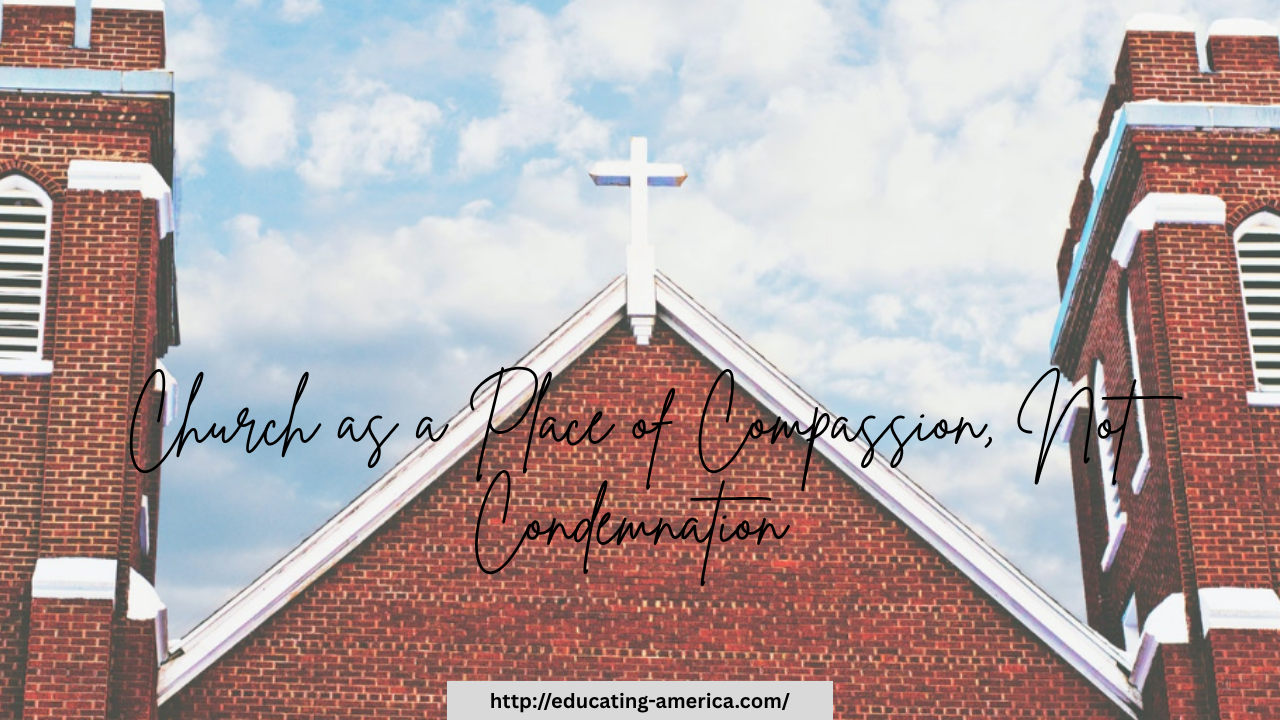Addiction is a struggle that isolates, wounds, and often leaves individuals feeling hopeless and unworthy. Many who suffer in silence believe they are beyond saving—cut off from love, community, and redemption. Yet, the message of the Gospel is one of hope, restoration, and new beginnings. For those battling addiction, the Church can be more than a place of worship—it can be a refuge, a healing center, and a source of life-changing grace.
The Church as a Place of Compassion, Not Condemnation
One of the biggest barriers for those battling addiction is the fear of judgment. Many avoid seeking help because they fear being condemned or misunderstood. This is where the Church must rise to its calling—to be the hands and feet of Christ, offering compassion, not criticism.
Jesus’ ministry was marked by reaching out to the broken, the outcast, and the hurting. The Church must reflect that same heart. When churches embrace people struggling with addiction, they reflect Christ’s unconditional love. They say, “You are welcome here. You are not alone. You are not beyond God’s reach.”
A Message of Redemption and New Life
Redemption is at the very core of the Christian faith. The Bible is filled with stories of transformation—of people who went from brokenness to healing through the power of God’s love. This message is especially powerful for those in recovery.
Scriptures like Joel 2:25 (“I will restore to you the years that the locust has eaten”) offer hope that what has been lost to addiction can be restored. In the church, individuals can hear and experience the truth that no matter how far they’ve fallen, God offers forgiveness, healing, and a new beginning.
Supportive Programs and Safe Communities
Many churches offer practical resources and structured support to those recovering from addiction. Programs like Celebrate Recovery, AA groups hosted in church halls, or faith-based counseling provide a safe, structured environment for healing.
These programs often pair spiritual development with emotional and behavioral tools for recovery. They emphasize personal accountability, community support, and a relationship with God as the foundation for lasting change.
Church support groups also foster strong relationships and accountability. Being surrounded by others who care and understand helps break the isolation that addiction creates. Through testimony, prayer, and mutual support, people in recovery find strength and solidarity.
A Place to Rebuild Life
In addition to spiritual guidance, many churches provide practical help—job training programs, food pantries, mentorship, or housing assistance. These resources empower individuals to rebuild their lives on stable, healthy foundations.
More importantly, the Church can be a place where recovering individuals rediscover their God-given identity. They are no longer seen through the lens of their addiction but through the lens of grace. In this new community, they can serve, grow, and thrive as part of something greater than themselves.
Conclusion
Addiction is a heavy burden, but it is not the end of the story. Through the love of Christ and the support of the Church, individuals can find a path to redemption. The Church, when open, compassionate, and equipped, can be a safe haven where the addicted find not only healing—but home.









